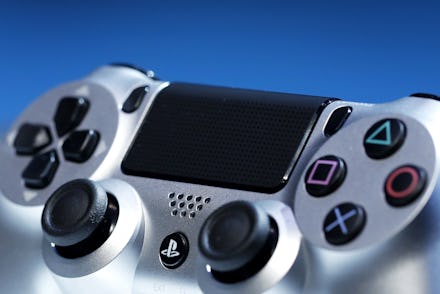Science Has Excellent News for Gamers (and Their Brains)

The news: "Portal 2 kicks Lumosity's ass." That's what Val Shute, a researcher at Florida State University, told Popular Science about the results of her study comparing the cognitive benefits of the popular game published by Valve in 2011 and the highly touted brain-training software.
Shute's study split people into two groups. One played Portal 2 for eight hours. The other played Lumosity for eight hours. After the allotted time, each group took cognitive skill tests. The Portal 2 group scored higher across the board: Lumosity players didn't outperform Portal 2 players in any one of the tests.
The science: Popular Science was quick to note the short duration of the study, saying it's possible Lumosity might have greater long-term benefits for the mind that weren't able to be felt or measured in just eight hours of use.
But C. Shawn Green, a psychologist from the University of Wisconsin-Madison who specializes in video games, offered an insight into the study. Specifically, Green discussed the idea of "neuroplasticity," which is the principle that the adult brain can be positively molded and shaped with enough effort.
"If entertainment games actually do a better job than games designed for neuroplasticity," Green told Popular Science, "what that suggests is that we are clearly missing something important about neuroplasticity. Have we actually found the active ingredients for neuroplasticity, or are these commercial games sort of better?"
This study wasn't the first to prove video games had psychological benefits. In 2013, the American Psychological Association concluded video games improved learning abilities and social skills. Video games — even the "violent" ones — have numerous cognitive benefits and are a boon to reasoning, memory, perception, spatial navigation, problem-solving and mood improvement.
Games have even more positives: They slow the mind's aging process, they can treat psychiatric disorders, help treat dyslexia, increase sensorimotor skills (skills requiring hand-eye coordination), increase the speed at which people make decisions, improve vision and even help kids learn to read.
The takeaway: Society disregards gaming as a means of psychological improvement, perhaps because of the serious flaws with gaming culture as well as the perception that video games are for kids and teens. But the average gamer is 31, and the games themselves are wondrously beneficial. They're basically just brain-training apps like Lumosity but with better graphics, riveting stories and connections to other people through online play.